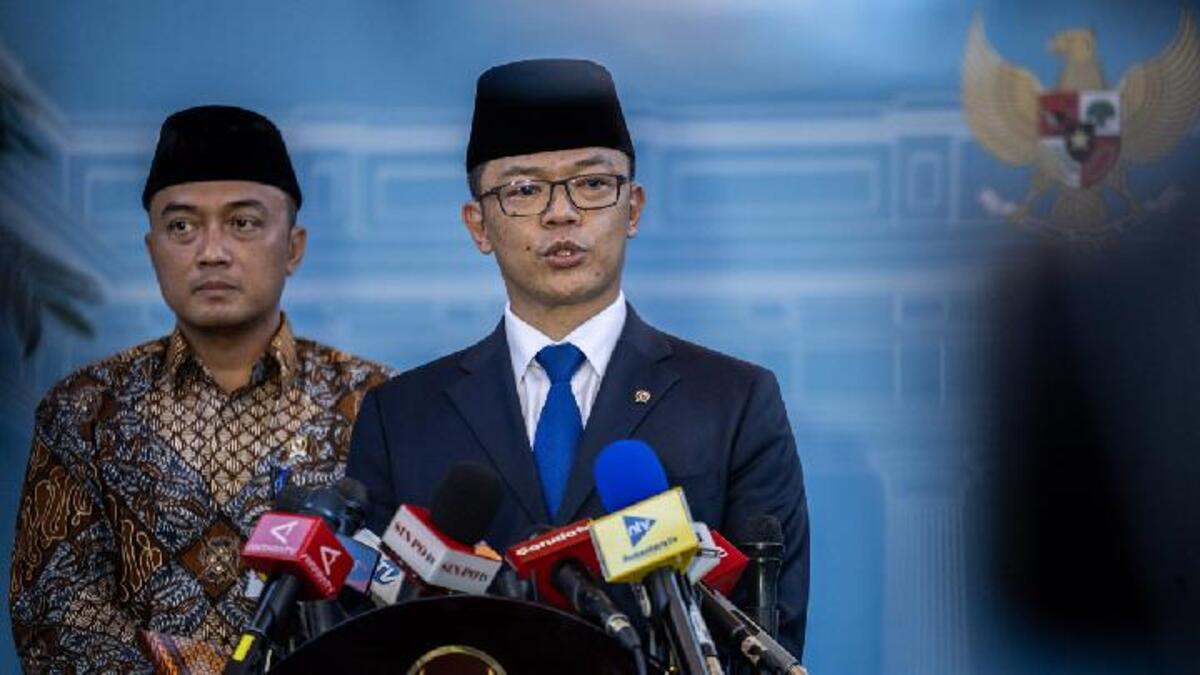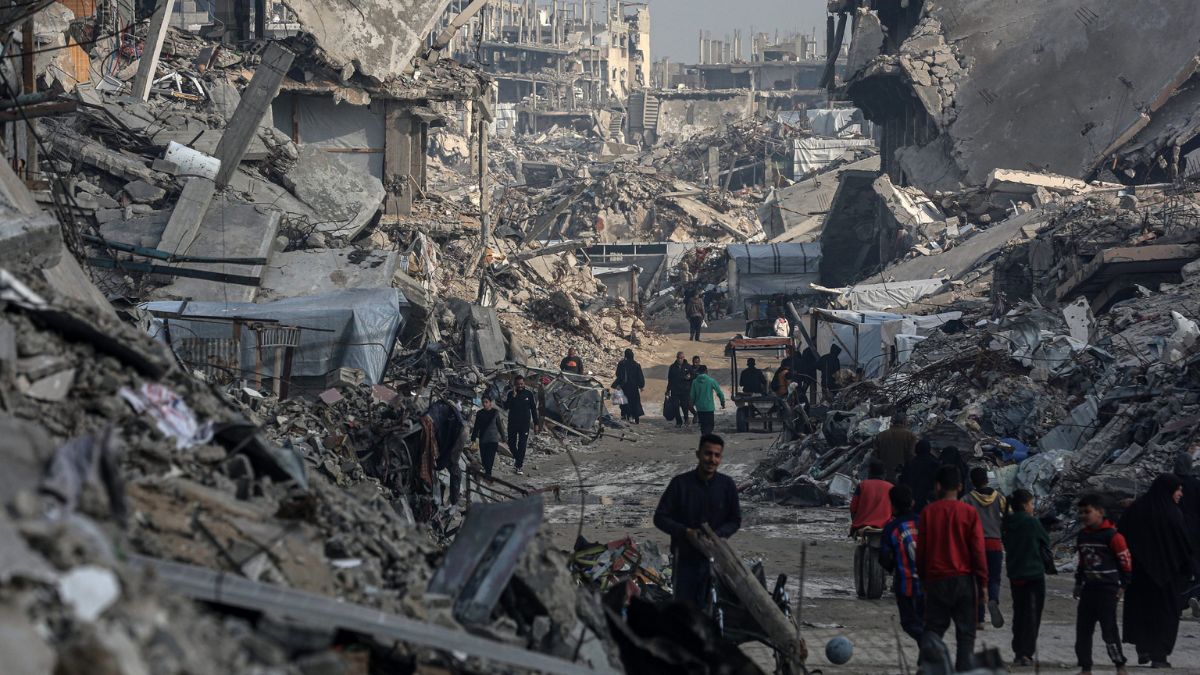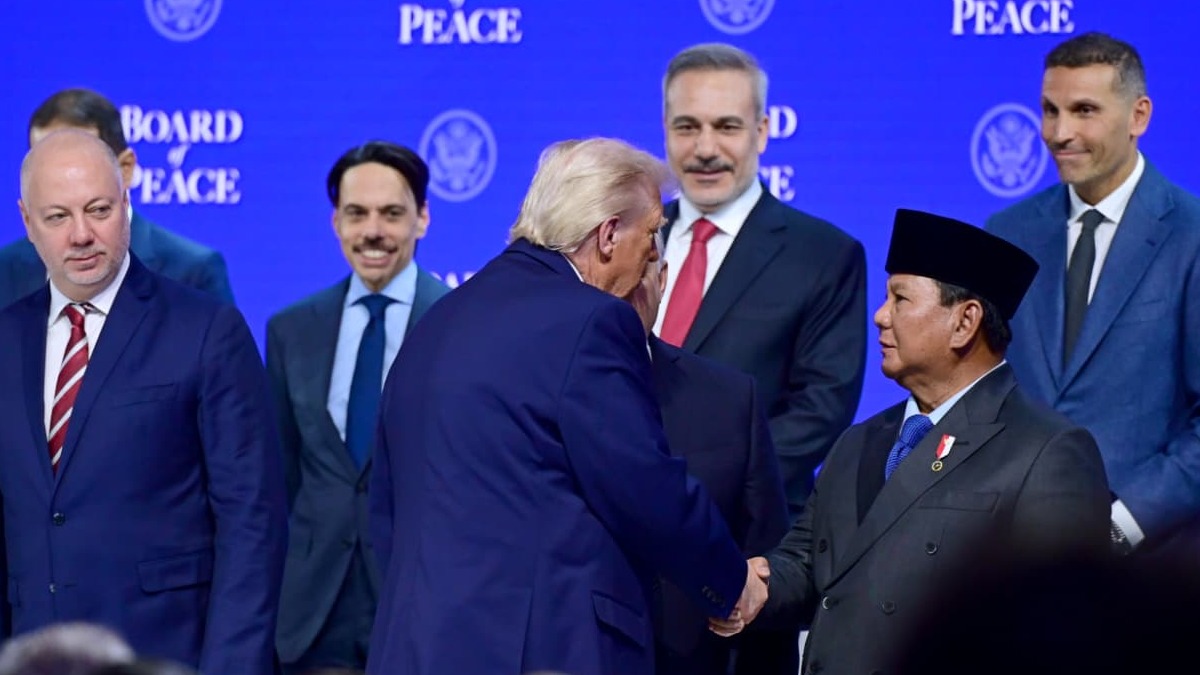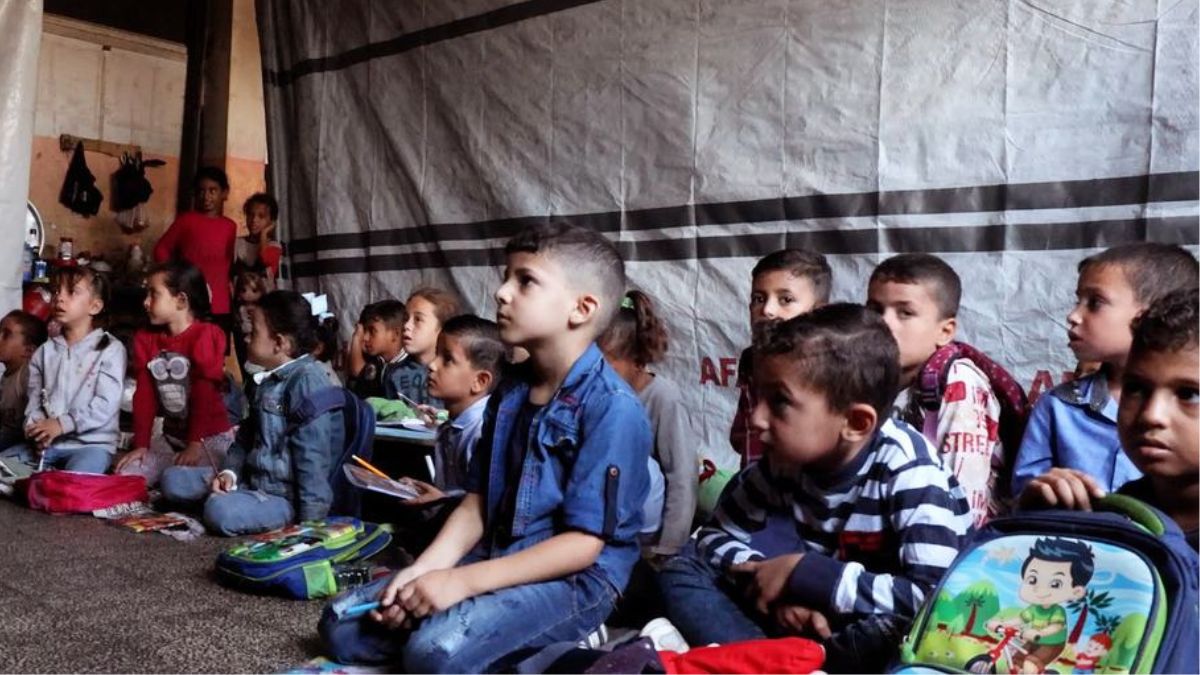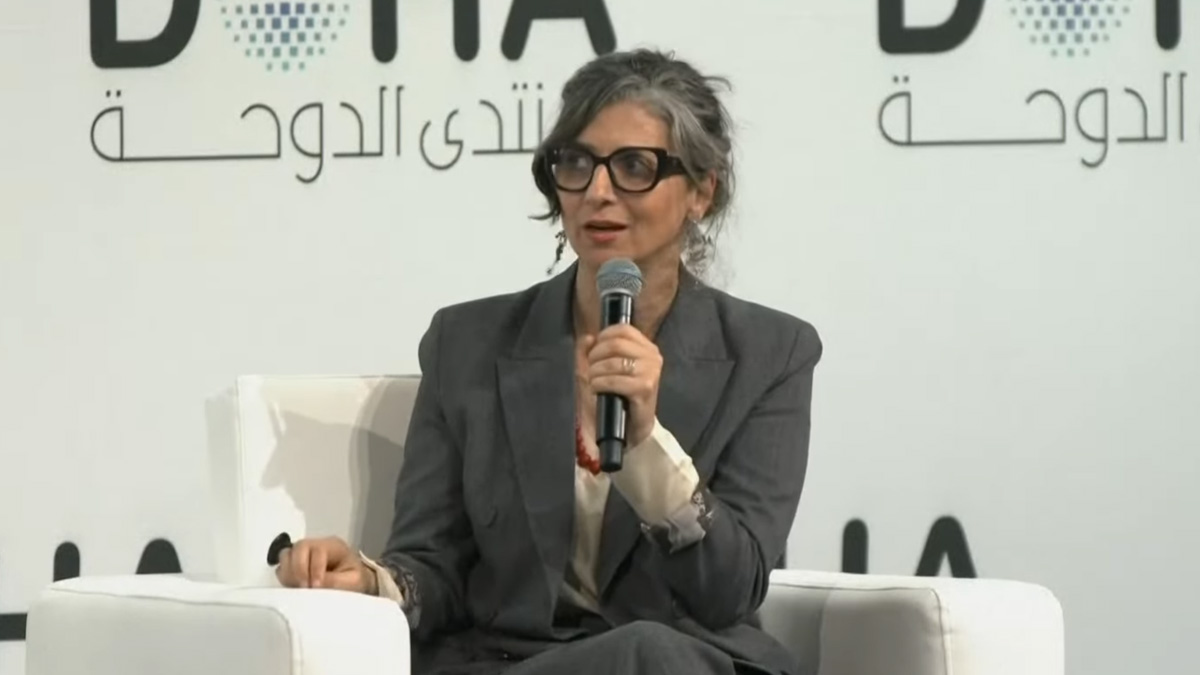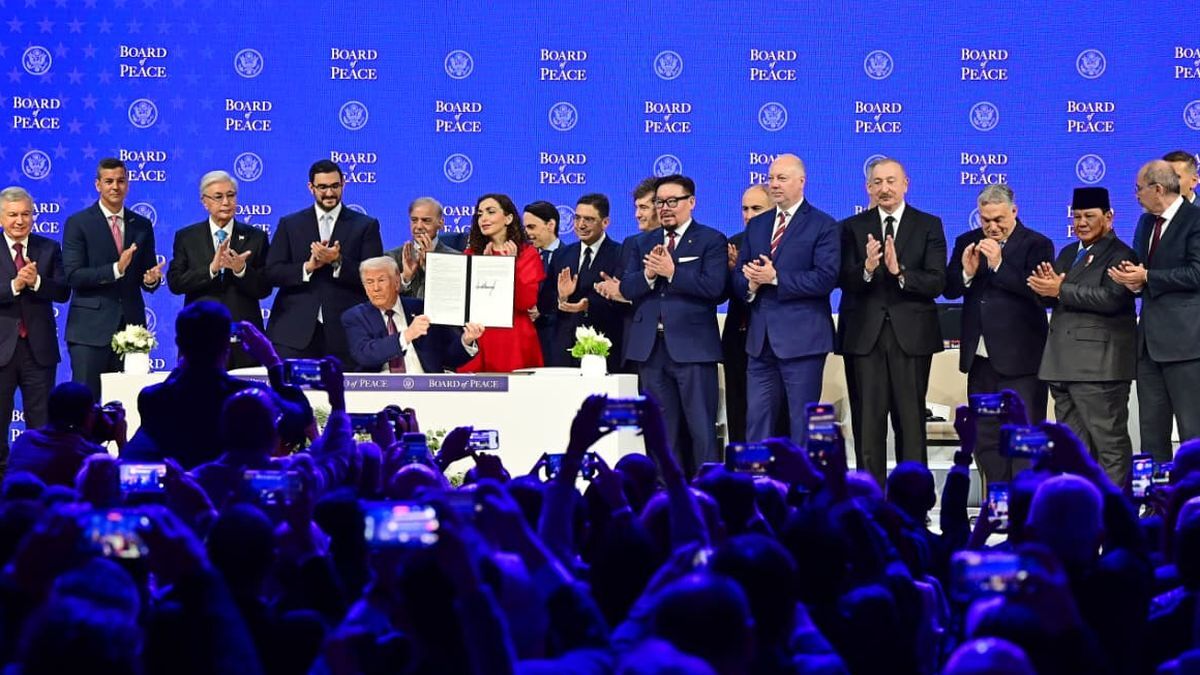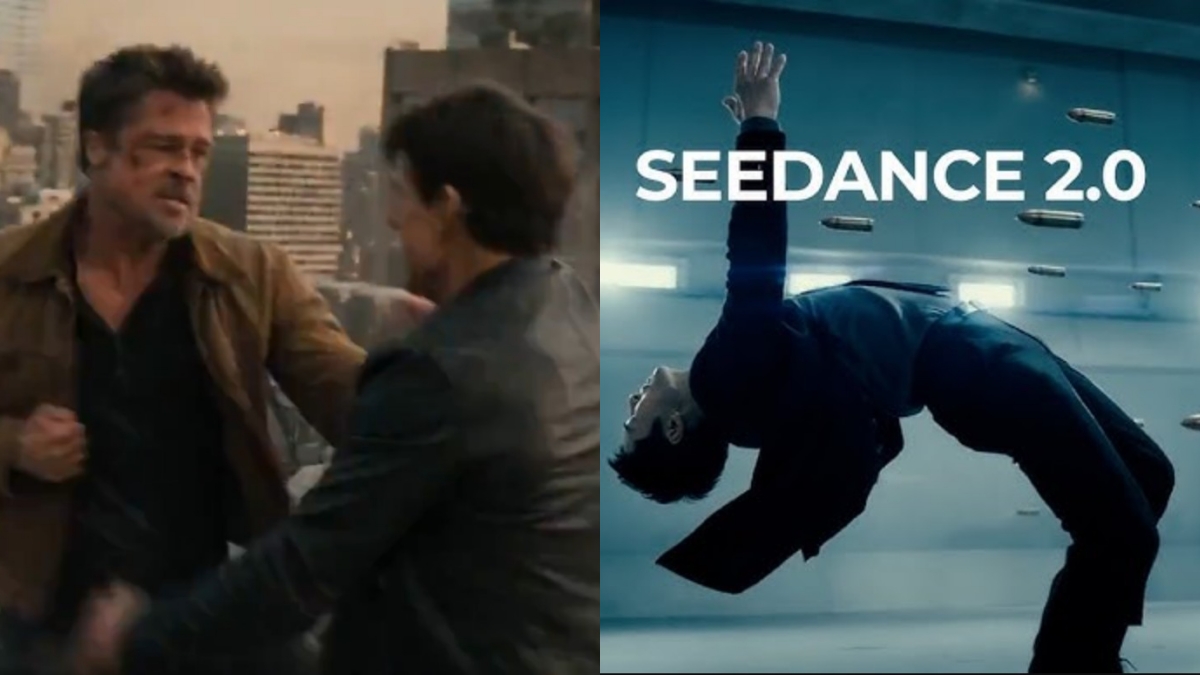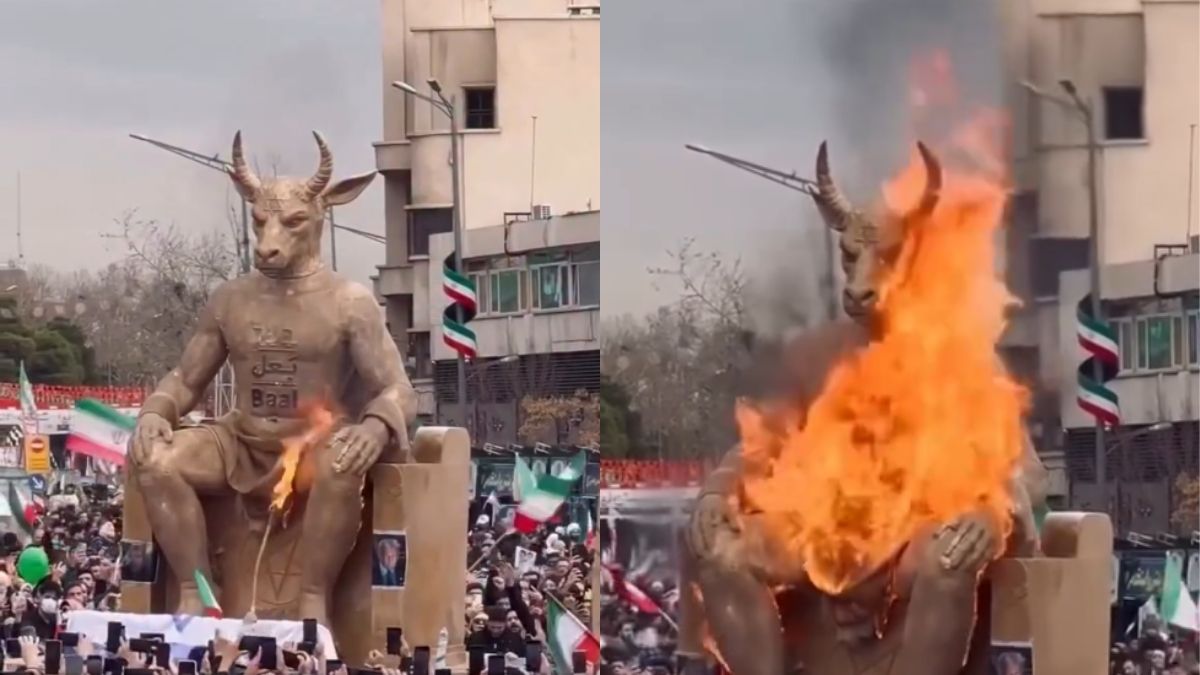Genocide scholars declare Israel’s actions in Gaza meet UN definition of genocide
The International Association of Genocide Scholars (IAGS) has declared that Israel’s military actions in Gaza constitute genocide under the 1948 United Nations Genocide Convention, marking one of the strongest academic condemnations of Israel’s conduct since the war began.
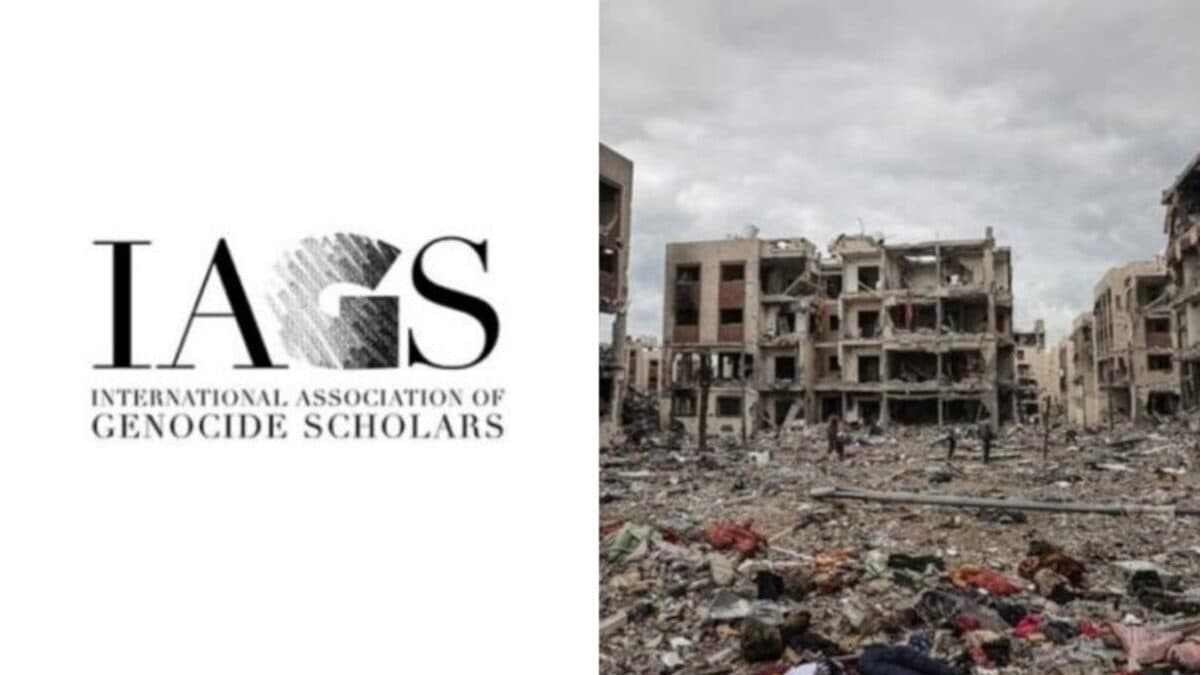
- The IAGS resolution states Israel’s actions meet the legal definition of genocide and crimes against humanity.
- The group urged states to halt arms transfers to Israel and called for compliance with International Court of Justice measures.
- Israel rejected the findings as “an embarrassment,” accusing the IAGS of ignoring Hamas’s October 7 attacks.
SINGAPORE — The International Association of Genocide Scholars (IAGS) has declared that Israel’s actions in Gaza meet the legal definition of genocide under the 1948 United Nations Genocide Convention.
The resolution, passed by a majority of voting members, also found Israel responsible for committing crimes against humanity in the enclave.
Of the association’s 500 members, 28 per cent participated in the ballot, with 86 per cent supporting the resolution.
The IAGS stated that Israel’s policies and actions in Gaza fulfilled Article II of the Genocide Convention, citing deliberate killings, starvation, deprivation of humanitarian aid, forced displacement, and sexual and reproductive violence.
The organisation called for an immediate end to actions it described as genocide, war crimes, and crimes against humanity.
Obligations of states under the Genocide Convention
The resolution urged countries that are party to the convention—including Australia—to prevent arms transfers to Israel and uphold their legal responsibilities.
It also pressed Israel to comply with provisional measures ordered by the International Court of Justice (ICJ), including the obligation to provide adequate food, water, medicine, and shelter to Gaza’s population.
Israel has denied the accusations, calling the IAGS findings “an embarrassment to the legal profession and to any academic standard.”
Its Ministry of Foreign Affairs said the resolution relied on “Hamas’s campaign of lies” and misrepresented the ICJ’s statements, arguing that the scholars failed to verify claims.
The ministry accused the IAGS of creating a “historic precedent” by accusing “the victim of genocide” while ignoring Hamas’s killing of 1,200 people during the 7 October 2023 attacks.
IAGS president Melanie O’Brien, a professor of international law at the University of Western Australia, rejected Israel’s claim of self-defence.
“There is no justification for the commission of war crimes, crimes against humanity, or genocide, not even self-defence,” she said.
O’Brien added that international law requires proportionality and military necessity in claims of self-defence—criteria she said were not evident in Israel’s campaign in Gaza.
The resolution argued that Israel’s conduct showed an intent to destroy Palestinians “in whole or in part,” pointing to arbitrary detention, torture, deprivation of essential supplies, and attacks on medical personnel, journalists, and humanitarian workers.
It also cited the destruction of schools, libraries, and cultural sites as attempts to erase Palestinian identity and eliminate future generations.
Acknowledgement of Hamas’s crimes
The IAGS noted that Hamas and other Palestinian groups committed serious violations of international law during the 7 October attacks.
It said recognising Israel’s alleged genocide does not excuse or justify those acts.
The resolution adds to a growing number of statements by international and Israeli human rights organisations that describe Israel’s actions as genocidal.
Israel maintains that its military operations in Gaza are acts of self-defence against Hamas.
Hamas reaction
Hamas welcomed the IAGS resolution, calling it “a new legal documentation” that strengthens global recognition of what it described as an ongoing genocide.
The group said the resolution adds to mounting reports documenting atrocities committed in Gaza.
Israeli officials have dismissed genocide allegations as politically motivated.
Foreign Minister Gideon Saar said in April 2025 that such accusations “weaponise” international law to undermine Israel’s right to self-defence.
Israel has described South Africa’s ICJ case as “wholly unfounded in fact and law” and “morally repugnant.”
Rising death toll and global response
The Gaza Health Ministry reports that 63,557 Palestinians have been killed and 160,660 injured since the conflict escalated in October 2023.
Three children reportedly died of starvation in late August 2025, underscoring the worsening humanitarian crisis.
Air strikes and artillery fire have intensified in Gaza City, which Israel declared a combat zone last week.
A ground operation is expected, drawing international condemnation and protests within Israel.
Meanwhile, France, Australia, the United Kingdom, and Canada are preparing to support Palestinian statehood recognition at the UN summit in New York on 22 September.
Belgium announced on 2 September that it will formally recognise Palestine at the General Assembly, joining more than 140 UN member states.
Singapore’s position
Singapore, along with Japan, South Korea, and the United States, has not recognised Palestine.
Coordinating Minister for National Security K Shanmugam cautioned on 2 September that premature recognition could harm the Palestinian cause, noting that recognition without a viable government and stable institutions “would not change facts on the ground.”
He stressed that strengthening the Palestinian Authority must come first.
Singapore has acceded to the Genocide Convention with reservations regarding ICJ jurisdiction, requiring its consent before any dispute can be heard.


